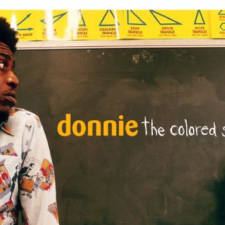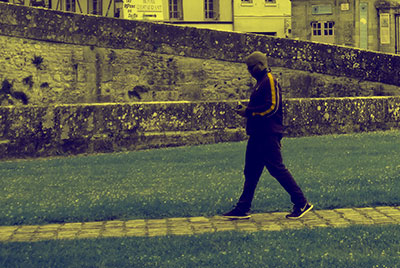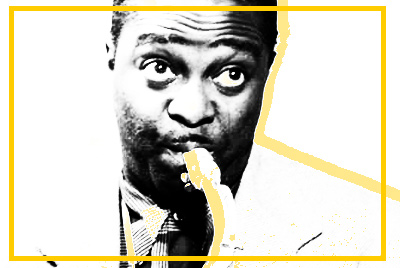September 27th was Bud Powell’s birthday. He would have been 89-years old. On this past Friday night I was honored to to talk about my new book The Amazing Bud Powell: Black Genius, Jazz History and the Challenge of Bebop under the auspices of IRAAS (Institute for Research in African American Studies) and the Center for Jazz Studies, Columbia University.
What a time. The evening featured sociologist Alondra Nelson (@alondra), author of Body and Soul: The Black Panther Party and the Fight Against Medical Discrimination, art historian Kellie Jones (@DrKellieJones), author of EyeMinded: Living and Writing Contemporary Art and me in conversation about art making, society and black health care research. My discussion of Bud Powell comprised thoughts about his virtuoso musical abilities and the various social structures he negotiated through out his life. Next, Professors Nelson and Jones took us in exciting directions by bringing their combined areas of expertise and interests into the equation. This review of some of the highlights are possible, in part, because Dr. Fredara Hadley (@fredaraMareva), Musiqology.com’s fierce managing editor, tweeted live from the event from @DrGuyMusiqology.
Jones talked about the idea of artistic “manhood” and mental health via two artists: Jean Michel Basquiat, David Hammons and Jacob Lawrence. She used Basquiat’s “Horn Players” and “Discography (Two)” together with David Hammons’ “Bird” to show how subsequent visual artists looked backed to bebop musicians as muses in their pursuits in America’s art-making hustle. As Jones pointed out, there weren’t many recognized “geniuses” in the black visual arts, and this is why bebop became very important as a source of inspiration. Jacob Lawrence, an artist who spent time in mental institutions during the mid-twentieth century, painted while he was committed, and Jones compared the formal elements of these works to others he made during the Civil Rights period.
In her contribution to the evening, Nelson provided a clear picture of what Powell was up against during his years in and out of various institutions. She pointed out that Powell passed away in 1966, the same year that the Black Panther Party was formed with an imperative to promote and provide health care for African Americans. She asked was Powell born too soon? Had he died from a “broken heart” linked to the tuberculosis that ultimately brought him down? Nelson provided statistical evidence and analysis of how Jim Crowed the mental healthcare system was during Powell’s lifetime. Her observations about gender were equally penetrating. Nelson pointed out how throughout much of the book “jazz manhood” involved my analysis of Powell as an individual navigating social orders and institutions and less so on his relationships with other men. She suggested that the social construction of manhood is often “made” in dialogic relationships with others.
In addition to a very strong presence comprised of students and scholars from the Columbia University community, it was a great honor to have in the house John Earl Powell (Bud Powell’s son) and Rene McLean, the son of the great musician Jackie McLean, a Powell protégé and dear friend.
Here’s a link to the photos from the wonderful event:
Tags: basquia, Bud Powell, Columbia University, iraas, mental health

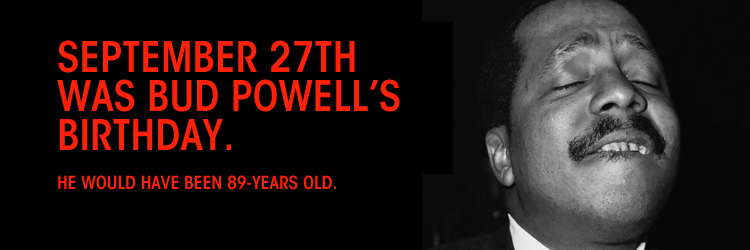
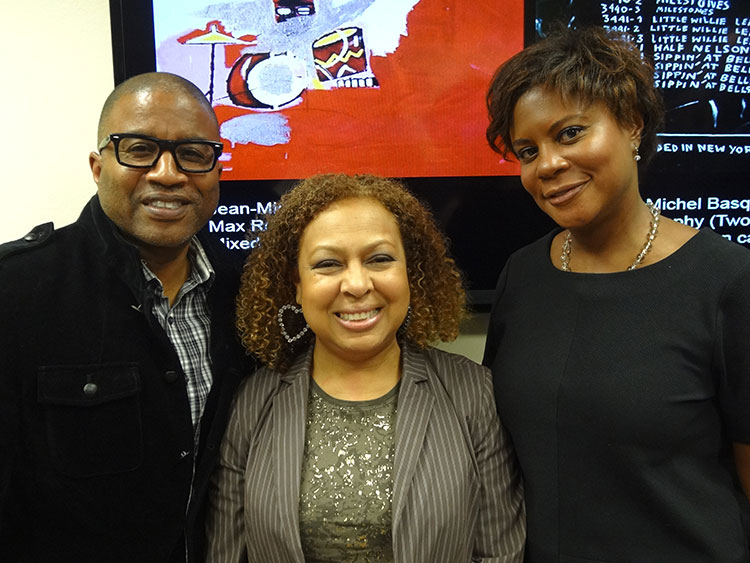
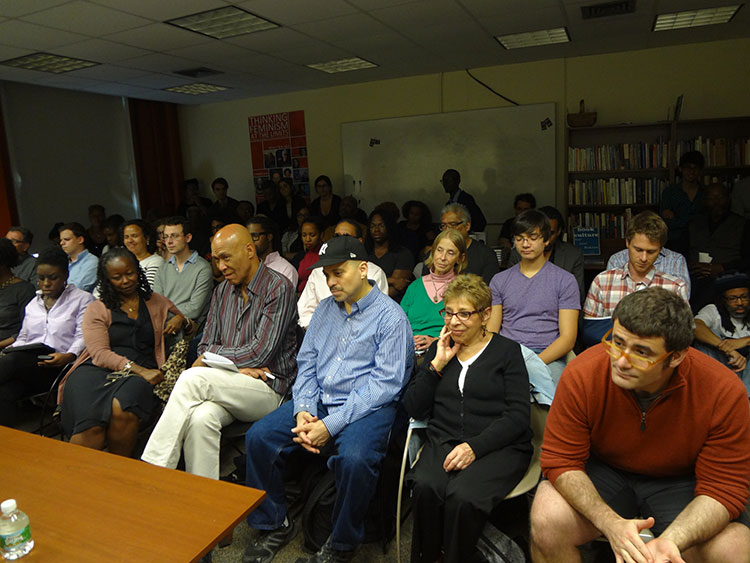
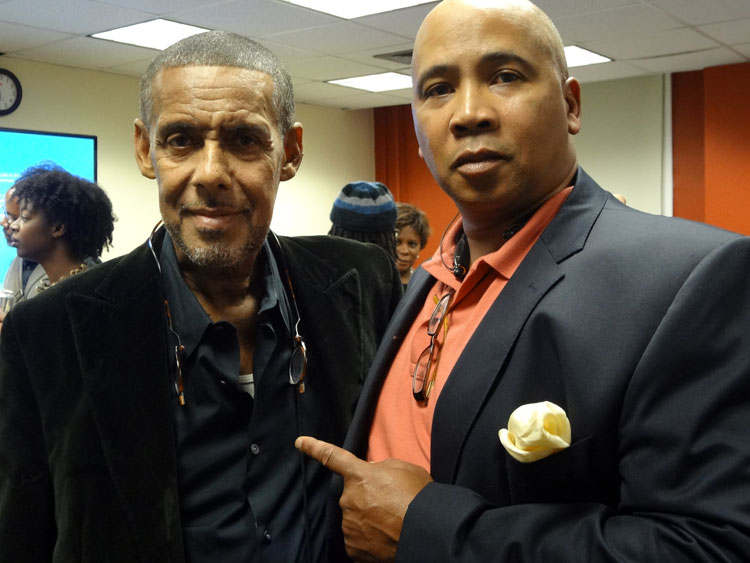
 Share On Facebook
Share On Facebook Tweet It
Tweet It


![[Philly EVENT] Screening of Amazing: A Film about Bud Powell](https://musiqology.com/blog/wp-content/uploads/2015/03/bud-powell-225x225.jpg)
